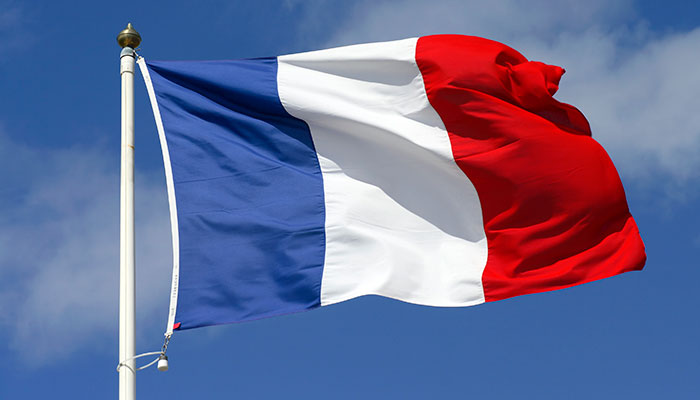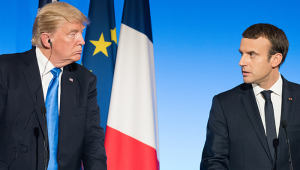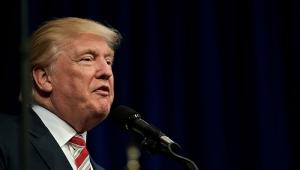web_franceflag_istock-172301500.jpg

The French flag. Photo © istock
The US believes the digital services tax – a levy of 3% of revenues made in France by companies that make more than €25m there and €750m globally – is discriminatory, because many of the affected firms are US companies.
The tariffs were scheduled to come into force on 6 January, but the US Trade Representative’s office decided to suspend their introduction to better coordinate them with any action that comes from investigations into other countries’ DSTs.
Several governments, including the UK, Brazil, Italy, India, Indonesia, Spain and Turkey, as well as the European Union, have either adopted or are considering their own taxes on tech firms, and the USTR’s office is still working out how to react.
“Those investigations have significantly progressed, but have not yet reached a determination on possible trade actions,” a statement from the office read.
“A suspension of the tariff action in the France DST investigation will promote a coordinated response in all of the ongoing DST investigations.”
France and the US agreed in January 2020 to work together to avoid a trade war that many, including the OECD, fear could arise between the US and Europe if the tariffs are introduced.
The governments planned to wait until the end of the year and push ahead with the framework that was being developed by 137 countries under the leadership of the OECD, but the US abandoned those talks in June.
Many countries, and the OECD, believe new tax solutions are needed to solve the issue of huge multinational tech companies such as Facebook, Google and Amazon making large amounts of money in territories where they do not have headquarters, and so pay very little or no tax.
The OECD talks missed their end-of-2020 deadline for a solution, but officials insisted work will continue into the new year.













